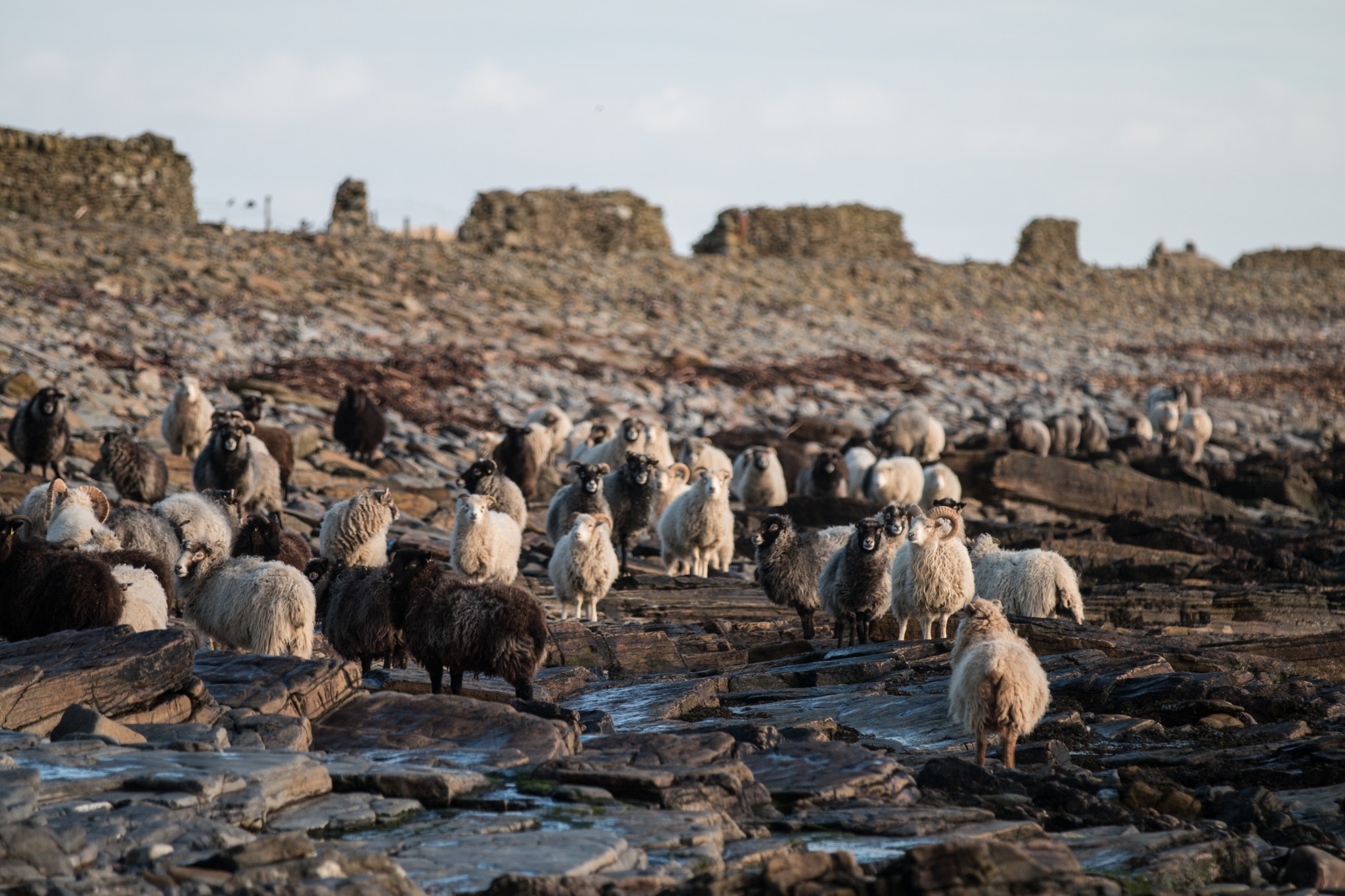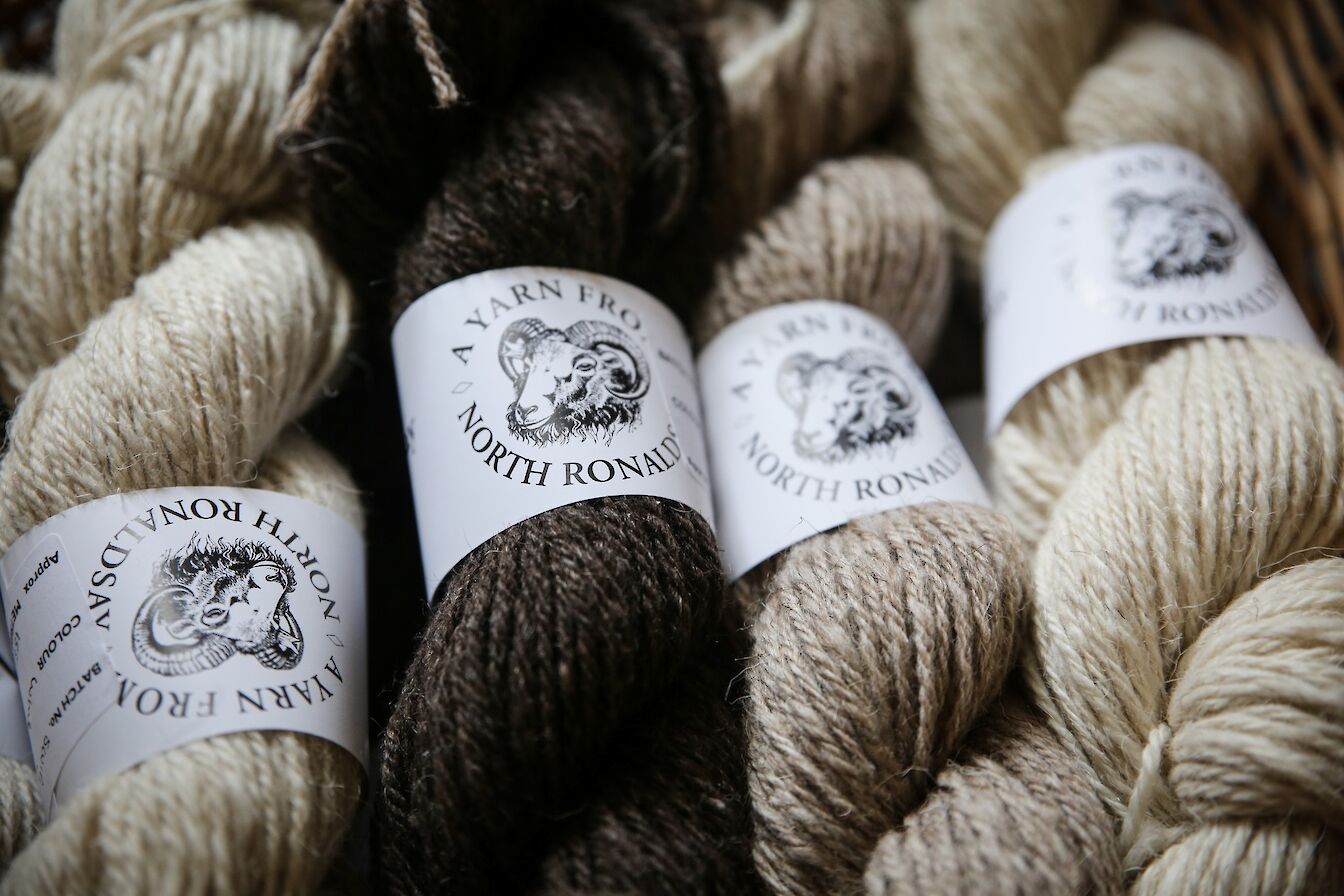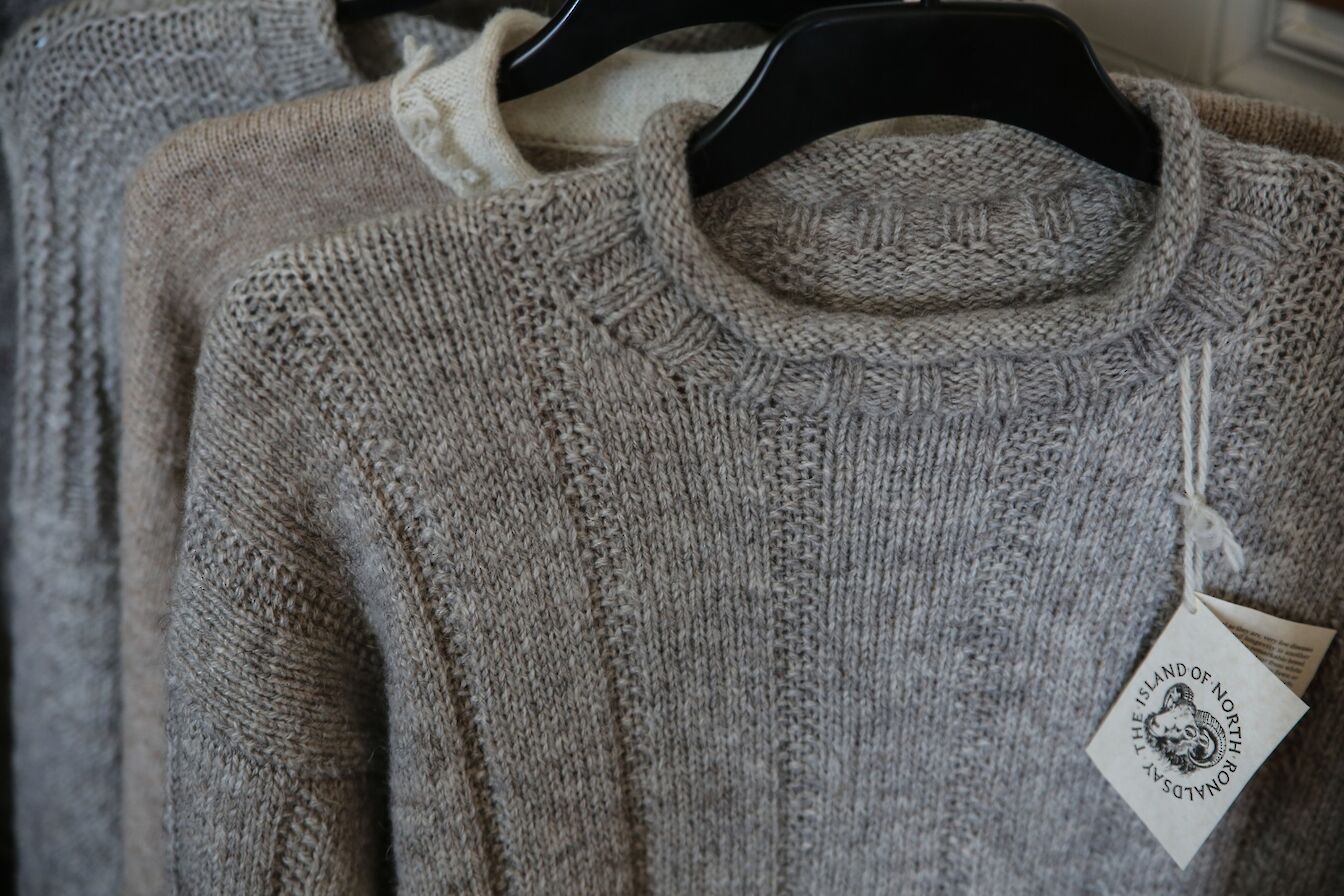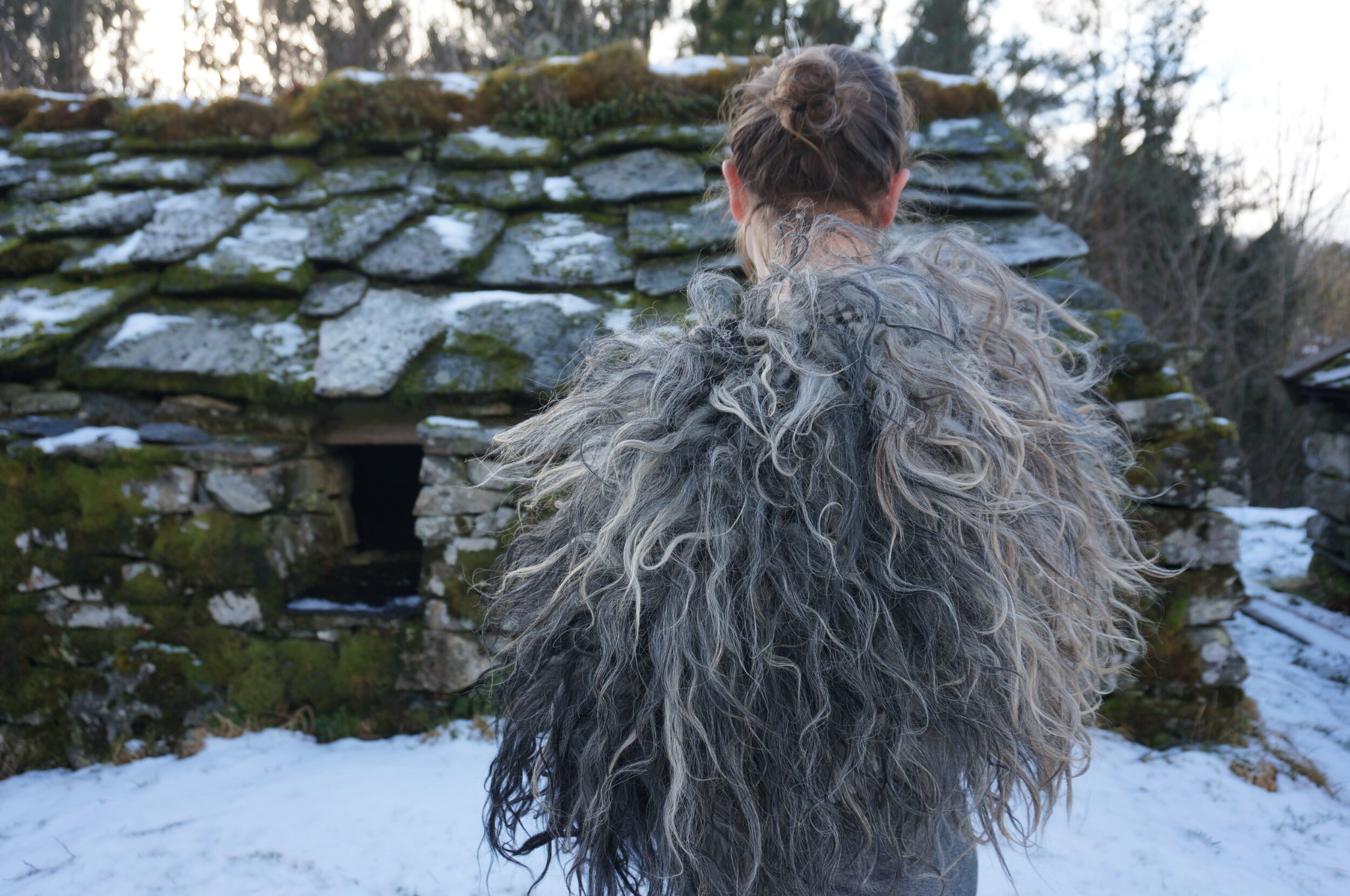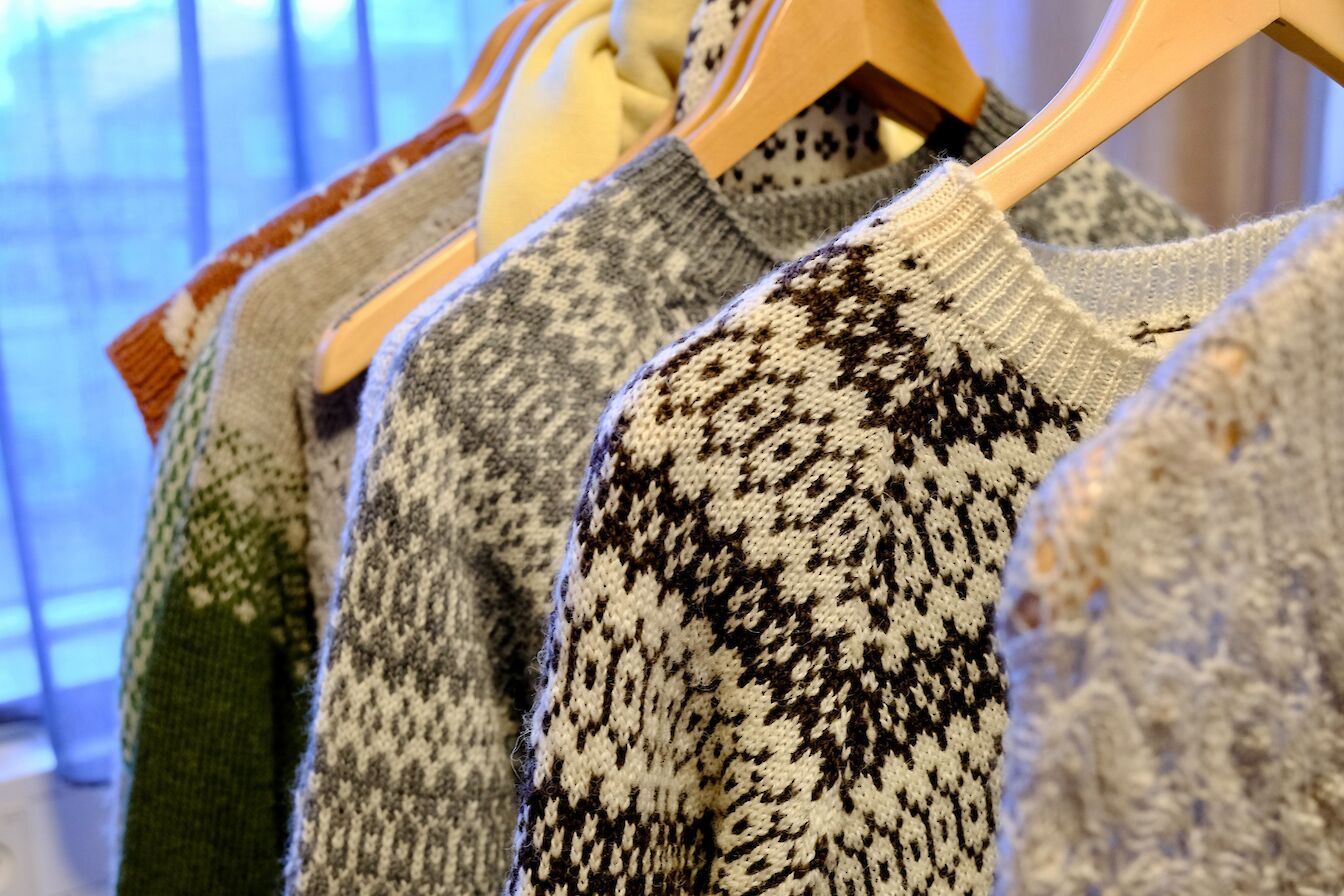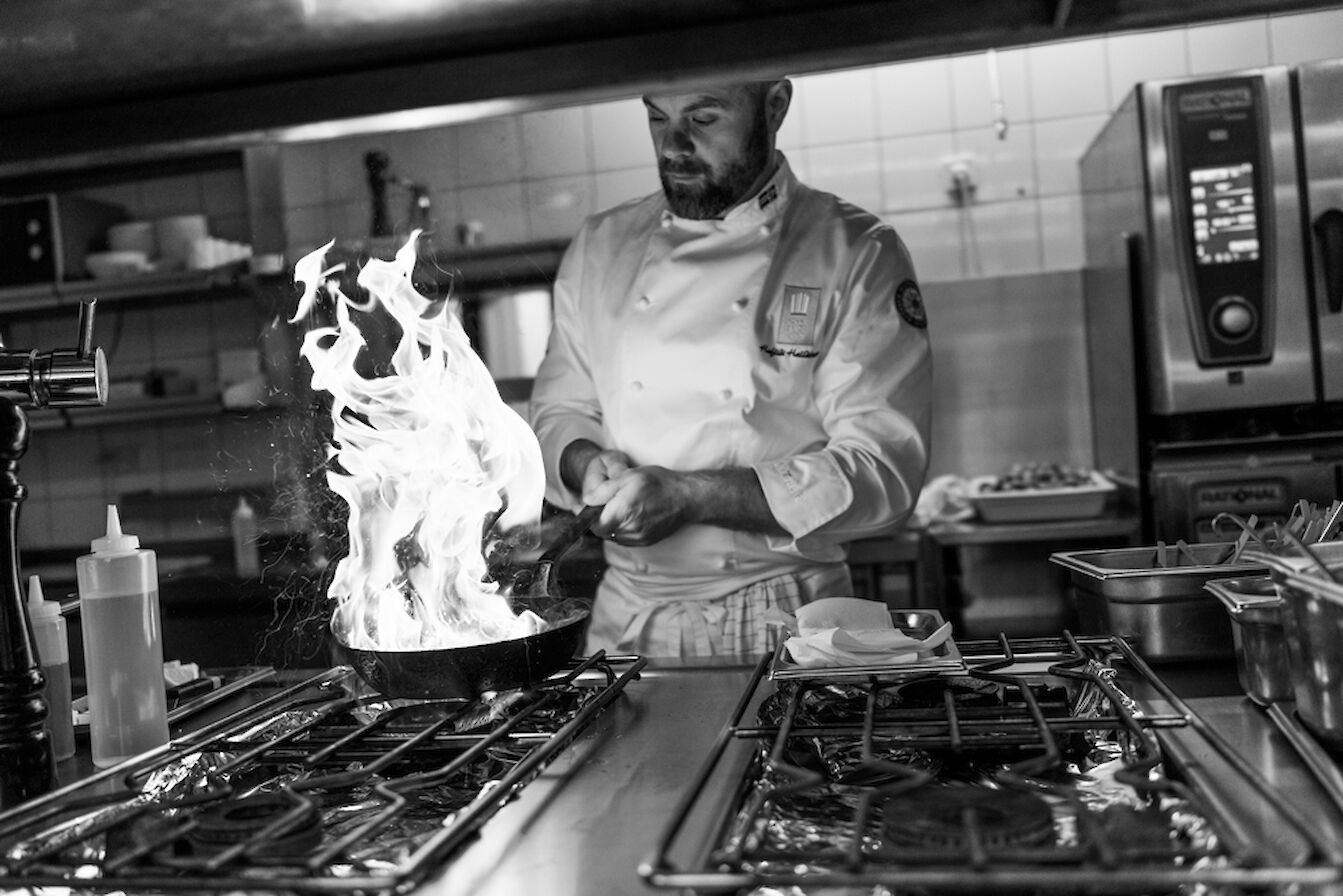Appreciating and harnessing our islands’ resources and traditions have always been core elements of the Orkney International Science Festival.
Since it was established over three decades ago, the annual event has encouraged audiences – local and global – to appreciate Orkney’s potential in everything from energy and food production, to music, literature and art.
A major focus of this year’s festival, held across the islands between 4 – 10 September, will be native sheep. The event is working closely with Orkney’s most northerly island, North Ronaldsay, in a collaboration which aims to bring closer ties between Orkney’s business and creative communities and various Nordic regions.
Over recent months, the North Ronaldsay community has been working in partnership with the Faroese agricultural agency, Búnaðarstovan, to explore collaborations and potential new markets for its famous flock of seaweed-eating sheep.
“We’re fiercely proud in North Ronaldsay of our unique flock of sheep,” says John Scott, Chair of the North Ronaldsay Trust. “We’re a small island, with a population of around sixty, but the sheep – their heritage, the quality of the wool, the mutton, the fleeces – these give us a profile that would be the envy of many vastly larger communities.”
Islanders worked hard through the 1990s to create new markets for their native sheep. Once dismissed in favour of more modern flocks with higher yields, a number of high-profile chefs began to recognise the great flavour of North Ronaldsay mutton, and it started to appear on menus in some of the UK’s most prestigious hotels and restaurants.
At the same time, amid sharp contrast between low returns on raw fleece and high prices for spun wool, the island decided to buy all the fleece and send it for spinning. The success led to the launch of the local wool company, A Yarn for North Ronaldsay.
The question was then raised about spinning locally. At a conference organised by the island during the 1999 Science Festival, one visitor described the small-scale mill equipment pioneered by a company in Prince Edward Island. Determined follow-up led to the development of the island’s wool mill of today, which with steadily increasing demand from other rare breeds has led to the current move to expanded premises.
That expansion isjust one of a number of initiatives that audiences at this year’s Science Festival will get to hear about during the week-long event.
“It’s the outcome of contacts built up over the years by North Ronaldsay and through Helga Scott’s studies and travel in Nordic regions,” says Festival Director Howie Firth. “She has brought together the whole package of native sheep events, with the support of the North Ronaldsay Trust and Orkney Islands Council’s Nordic Atlantic Fund, and it’s been fascinating to learn how native sheep are now being seen in so many communities as a key to resilience and economic and social regeneration.
“The creation of a cloak in Berneray for Auðr the Deepminded, the determined woman who was one of the leaders of the settlement of Iceland in Norse times, encapsulates how changing times are leading to a new evaluation of resources. The festival events will feature Meg Rodger who created the cloak and also the Birlinn Yarn Company.
“Alison Gault from Belfast School of Art will speak about community wool developments in Rathlin Island and the Aran Islands, and the use of computer-aided design and production," says Howie.
"From Faroe there will be a farming perspective from Dorthea Joensen and Jens Ivan í Gerðinum, focusing on development in meat and the revival of the traditional Faroese jumper. Hafliði Halldórsson from Iceland will speak about studies on the nutritional quality of the meat and give a master chef’s advice on how to cook Icelandic lamb in traditional style. An afternoon in the Old Library in Laing Street will also bring the visiting wool specialists together with Orkney designers and producers.”
As well as the various events on Mainland Orkney, Helga Scott has also arranged for the visiting contributors to spend time in North Ronaldsay including a full day exchanging ideas and experiences with the local community.
“Working with both Búnaðarstovan and the Science Festival has been incredibly productive. It’s allowed us to create this fabulous programme of events throughout the festival, which should inspire and educate,” she says.
“But also, we then have the opportunity to bring a huge amount of knowledge and experience from across these Nordic regions right here to North Ronaldsay, to learn from that, but also to showcase some of the incredible work we’ve been doing here in the island. Alongside the discussions, tours and demonstrations there’ll also be a dance laid on. We’re keen to give our guests the full North Ronaldsay experience.”
As this year’s Science Festival approaches, Howie Firth says that North Ronaldsay’s approach to resources is a model with wider implications. “The island has shown that it is possible to create economic growth by building from local resources, identifying markets, and seeking out technology that provides solutions,” he says. “Then, in reaching out to other innovative people and groups and bringing them to Orkney where they can all meet local producers and designers, North Ronaldsay is opening up the potential for a sharing of ideas and new possibilities.
“It’s an approach that constantly inspires, something that could be taken at a national level as well as a local one.”
The Orkney International Science Festival will be held across the islands between 4 – 10 September. View the full programme and book tickets on the official website.
